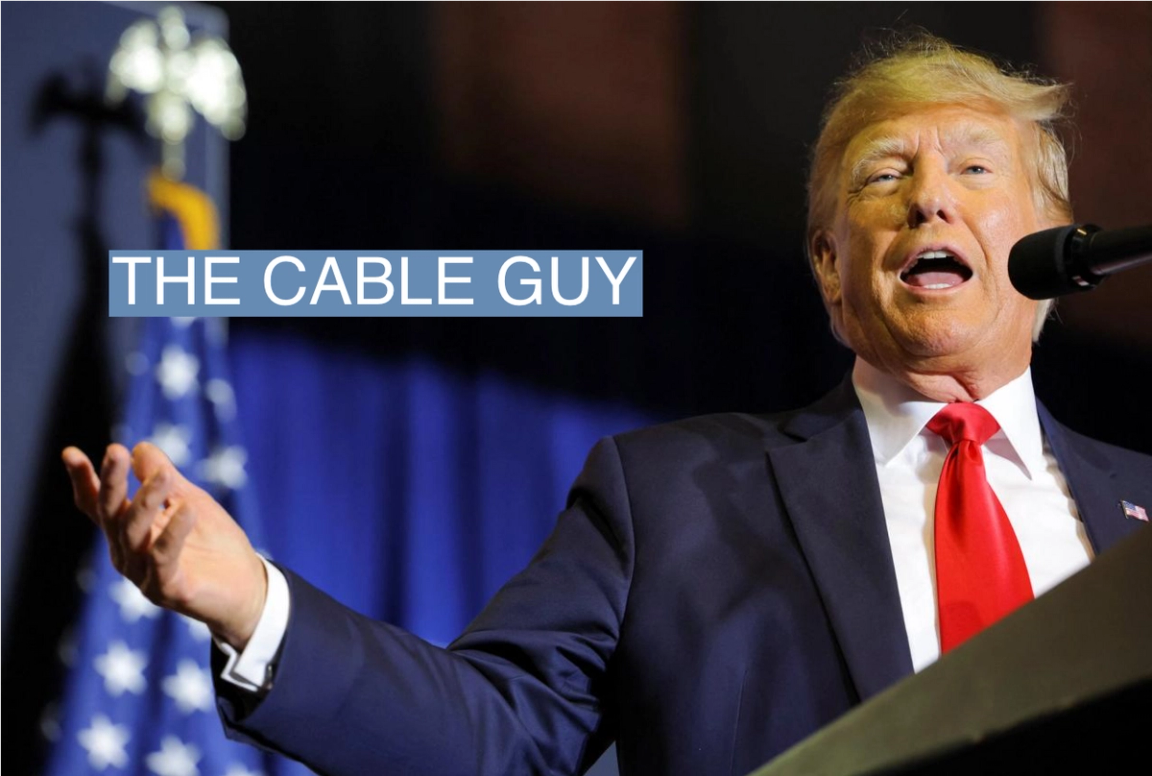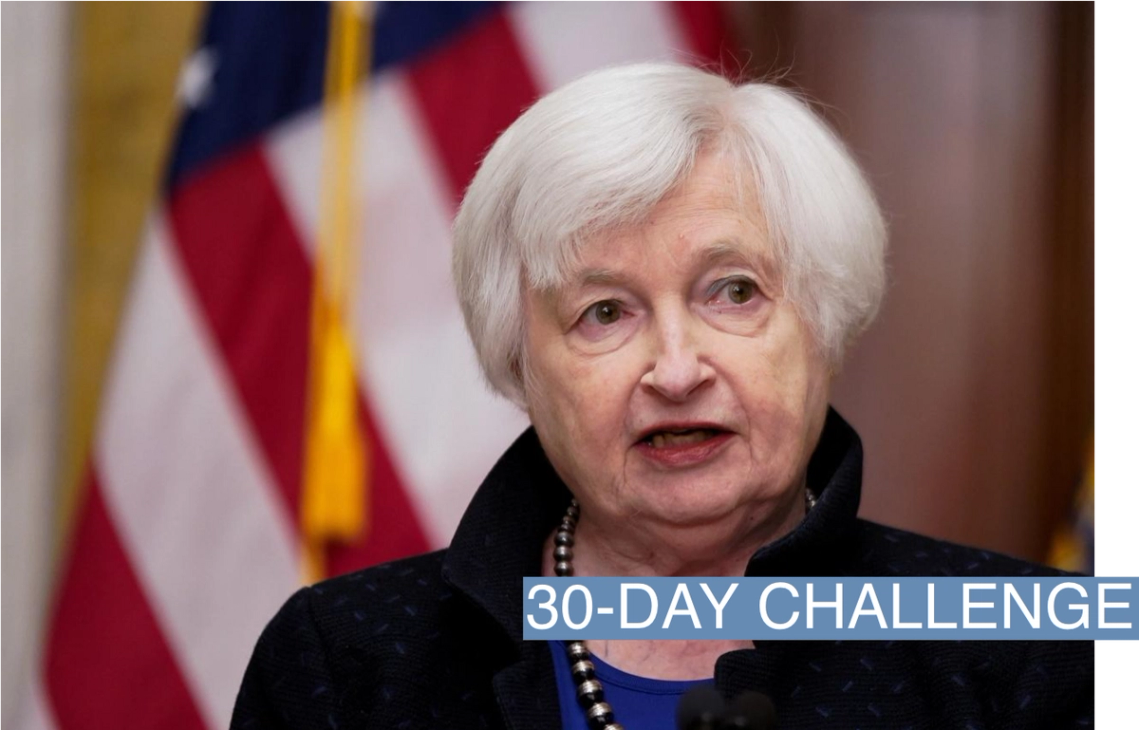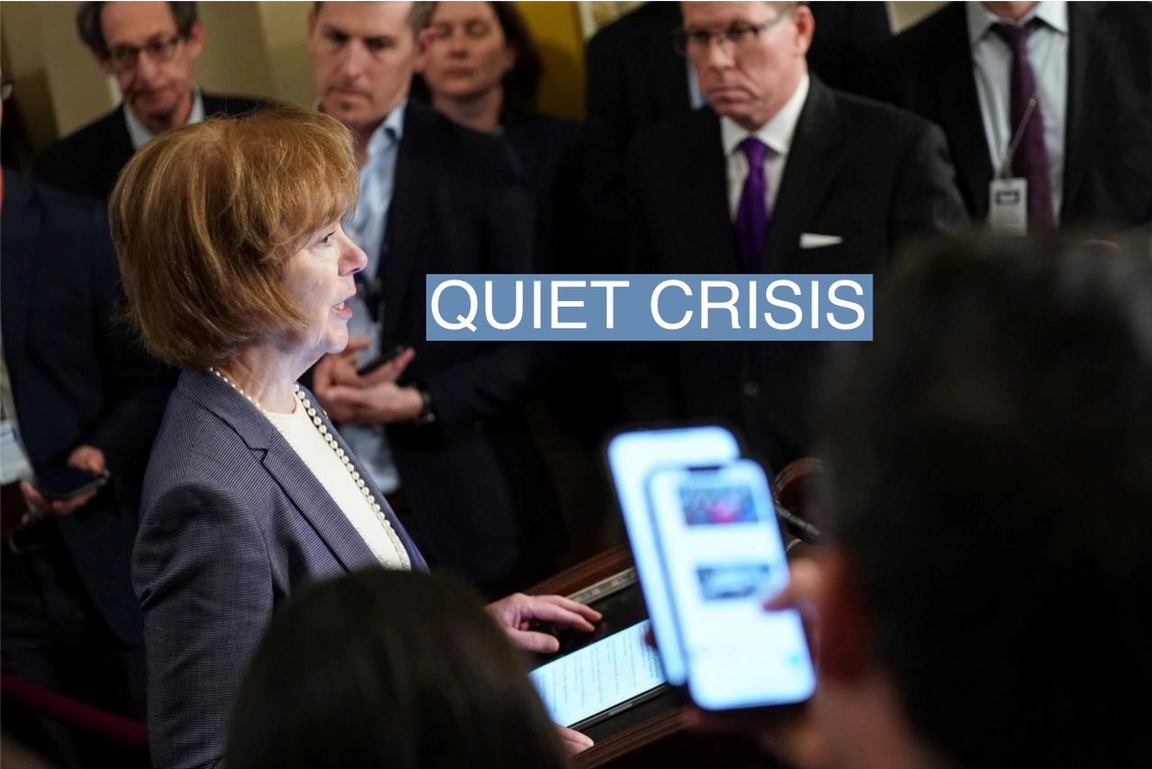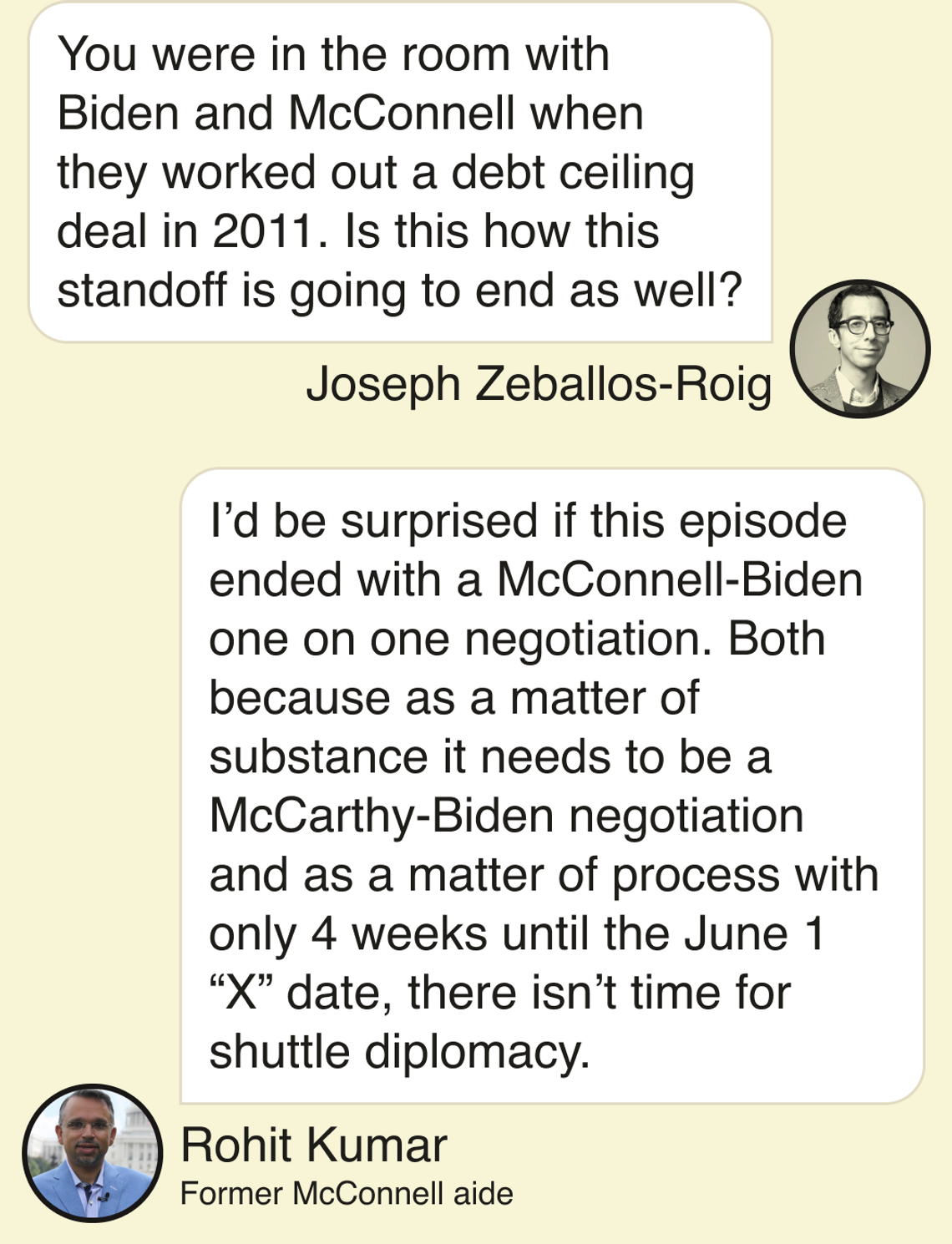 REUTERS/Brian Snyder REUTERS/Brian SnyderTHE NEWS Donald Trump is participating in a CNN town hall, ending a long absence from so-called “mainstream media” television programming by appearing on a network he has long denounced as “fake news” and that his voters love to jeer at rallies. A Trump advisor told Semafor’s Shelby Talcott that they hoped to “jumpstart the relationship” with CNN now that the network is under new management. “Going outside the traditional Republican ‘comfort zone’ was a key to President Trump’s success in 2016,” they said. “Some other candidates are too afraid to take this step in their quest to defeat Joe Biden, and are afraid to do anything other than Fox News.” BENJY’S VIEW That comment points to one of the ironies of the 2024 campaign so far: Trump, who has done more to rally conservatives against the press than any modern politician, has also been more eager to cultivate a relationship with them than his chief opponent, Ron DeSantis, who has largely resisted interviews and engagement with non-conservative outlets. In addition to his upcoming CNN appearance, the Trump campaign has run something resembling a typical press shop, frequently supplying comment in stories from its spokesman Steven Cheung while putting out regular memos and releases to influence coverage. The candidate himself has shown flashes of true rage toward journalists and his rhetoric is as aggressive as ever, but his team tends to operate like run-of-the-mill comms professionals. And, as with his previous campaigns and administrations, there’s no shortage of leaks and quotes from a vast extended universe of “Trump world” players. Trump’s long absence from the major networks since his election likely has more to do with his radioactivity after January 6th than his own desire to avoid the cameras. The big cable players were reluctant to even give much attention to his November campaign announcement. Only his recent indictment seemed to break the seal on round-the-clock coverage like the old days. By contrast, DeSantis very deliberately insulated himself from the national press during his rise. Following Trump’s lead, he elevated a hostile forward-facing spokeswoman with a MAGA-friendly Twitter persona, cultivated Potemkin news outlets to cheer him on, and tried to limit press protections with new legislation. It’s easy to see how he chose this approach. Trump won his first election with traditional news outlets publishing indignant fact checks and virtually every editorial board endorsing his opponent. The national press never looked less relevant. DeSantis’ decision seemed validated when he shrugged off a widely-criticized 60 Minutes report on his pandemic response before cruising to re-election. That strategy is looking dicier now that DeSantis faces tough stories about his drop in the polls, amid concerns from donors, potshots from rivals, and critics portraying him as an unlikeable loner who managed to push his natural allies in Florida toward Trump. Without a long-established brand like Trump’s pre-2016 “Apprentice” persona, he risks being defined early among voters giving him a close look for the first time. While he has some more traditional communications staff, they’ve so far shown less interest in countering these stories with surrogates, spokesmen, and messaging of his own before his campaign officially launches. A pro-DeSantis super PAC is starting to more visibly engage with the press, but it’s still starting up and is limited by campaign finance law in how much it can speak on his behalf. Maybe DeSantis’ campaign will recover. But if he turns out to have miscalculated on his media strategy, it will be because he misread the lessons of Trump, whose barebones campaign took off in 2016 with nonstop interviews with any outlet that would talk to him, drowning out opponents in the process. Once in office, Trump did far fewer non-conservative media appearances (an early Lester Holt sitdown where his comments on firing James Comey ended up part of the Mueller investigation didn’t help). But he still spent hours calling up beat reporters and then flamboyantly lying about talking to them. He sat down for book after book, both while in office and after leaving, even as his rhetoric towards the press became darker and more violent. Trump assumed anyone with half a brain understood it all as a performance: He seemed confused why reporters might take it personally that he alternated between attacking them by name in rallies — even forcing them to have personal bodyguards — and then kissing them on the cheek away from the cameras. DeSantis seems to have taken the attacks literally, not seriously. ROOM FOR DISAGREEMENT Conservative commentator Erick Erickson accuses the press of deliberately piling on DeSantis over his choice to ignore them. “If he wins, Republicans from here on out will have carte blanche to avoid the national political press,” Erickson writes. “It is why the press must work with Trump to destroy DeSantis.” | 







